
According to US State Department cables published by WikiLeaks, American officials stressed repeatedly to the Pakistani government that it was responsible for providing security to Pakistan Peoples Party (PPP) leader and former prime minister Benazir Bhutto, who was killed in an attack on December 27, 2007. However, the US’ recommendations to the PPP largely went ignored.
In a meeting with former National Security Adviser Tariq Aziz on October 27, 2007, then-US ambassador to Pakistan Anne Patterson reiterated US concerns over Bhutto’s security. Patterson was told that the government was doing everything possible to provide for her security. Additionally, Patterson noted, Bhutto was expected to meet with then Inter-Services Intelligence (ISI) chief Lt Gen Nadeem Taj and President Pervez Musharraf’s chief of staff General Hamid Javed.
The cables describe the US concerns over Bhutto’s security, but squarely point to the government as being responsible for it. While Bhutto had requested the US government to provide an evaluation of her security, Patterson believed doing so “would inevitably identify gaps (by American standards) in both equipment and training of personnel.” Patterson wrote that the US government should either undertake full responsibility for Bhutto’s security or not, and thought it “was highly unlikely that the PPP would follow professional recommendations not to hold large rallies”.
Instead, the US embassy proposed that PPP’s security experts and her American advisor Larry Wallace work with security contractors who could provide an evaluation.
In a meeting with a regional security officer (RSO), Wallace said that members of the US Senate and Congress believed the US government should be providing security to Bhutto. The RSO said that while security could be provided by a US Special Forces Team; they would be “fish out of water”. The US team, he believed, would not know the local culture or situation and could cause “anger and hostility with their presence and raise her profile beyond a safe and acceptable level.” The RSO stressed the need to hire a Pakistani protective services team.
The US had recommended three security companies to Bhutto’s staff, but her chief of security, retired Major General Ahsan, told the RSO Islamabad “that he and the PPP are completely against any outside organisation overseeing their security and that he only trusts PPP personnel. “
Wallace and Zia Ispahani, who had been authorised by Bhutto to discuss her security, were also told by RSOs that Bhutto needed to follow the security advice she had been given. For example, Bhutto was advised by a senior superintendent of the police - that she had hand-picked - not to make the long motorcade run on October 18, but he was ignored. The police was also not allowed inside Bilawal House.
Additionally, the cable notes that the investigation into the October 18 blasts never went anywhere. “After the blast, this individual was removed from Bhutto’s protection/case. His supervisor, Deputy Inspector General (DIG) Karachi Manzoor Mughal then took over the investigation, but a few days ago was pulled off it at Bhutto’s request. When the DIG Central Investigative Division received the investigation, it was by this time a ‘cold case’”.
The UN fact-finding commission’s report on the circumstances leading to Bhutto’s assassination in December 2007 also made note of the October 18 attack: “The Sindh police investigation of the attack never advanced. A former high level ISI official told the Commission, however, that the ISI conducted its own investigation and near the end of October 2007, captured and detained four suspects from a militant cell; the whereabouts of these four could not be confirmed by the Commission as of March 2010.”
US officials also assessed that Ahsan, “who, though fanatically devoted to the former prime minister and the PPP, does not seem to know much about actual personal protective security procedures or methods”.
The UN report, which was released on April 15, 2010, also assessed as much: “Despite considerable and valiant efforts by individual PPP members to protect Ms Bhutto, the PPP as an organisation was inadequate to handle the challenges. There was no person in overall charge of the PPP’s provision of security. As a result, the PPP’s security for Ms Bhutto was characterised by a lack of direction and professionalism. However, the Commission reiterates that the responsibility for failing to protect Ms Bhutto lies with the Government of Pakistan.”
Published in The Express Tribune, May 23rd, 2011.
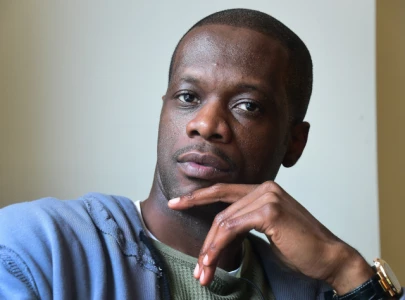





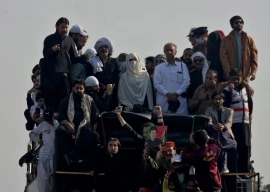

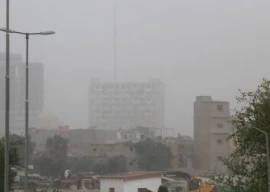
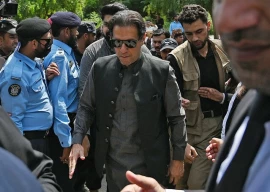
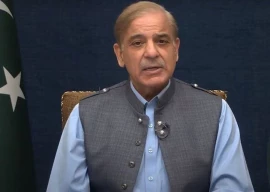






COMMENTS
Comments are moderated and generally will be posted if they are on-topic and not abusive.
For more information, please see our Comments FAQ